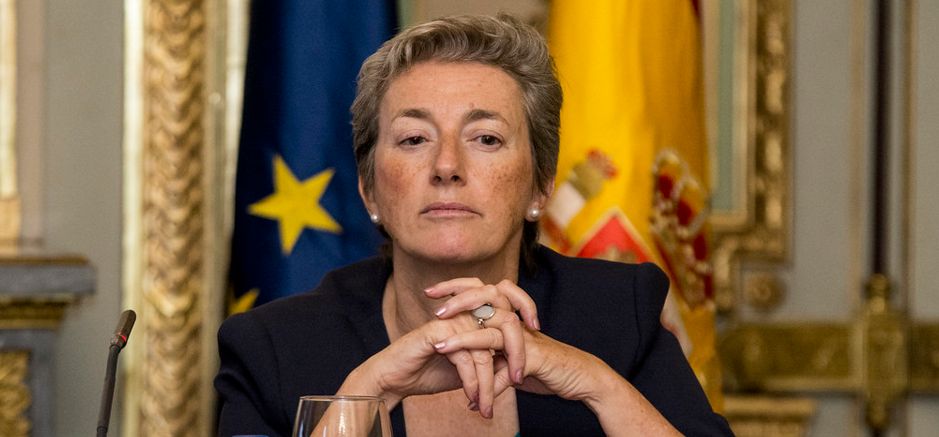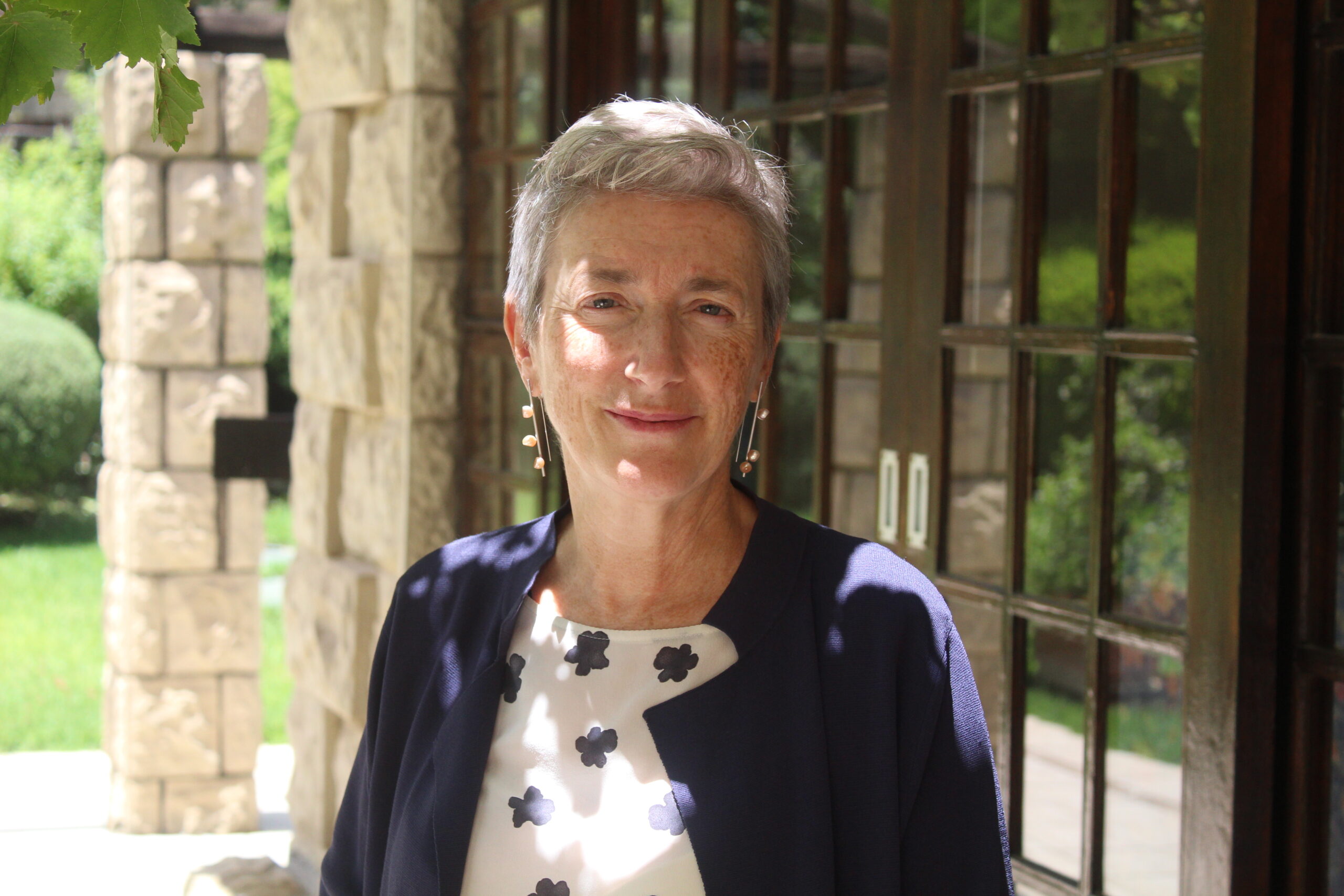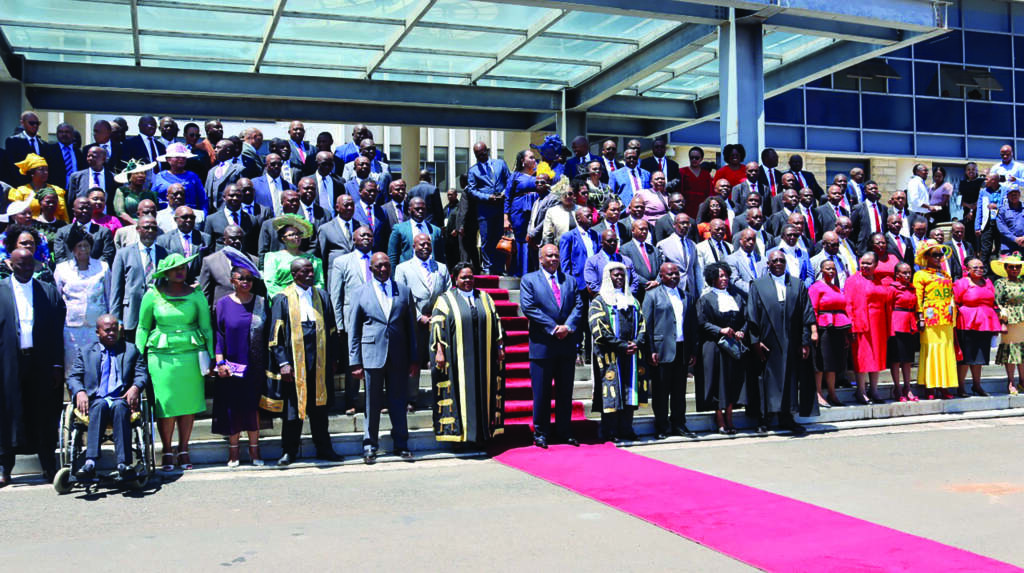Staff Reporters
The European Union (EU) Delegation in Lesotho has dismissed claims that it is threatening to withdraw financial support from civil society organisations (CSOs) that oppose the government’s incremental approach to the national reforms.
The EU has, however, expressed support for the government’s piecemeal approach to constitutional reforms, despite recent calls for a more comprehensive overhaul of the constitution.
Since 2017, the EU has financially backed Lesotho’s ambitious reform agenda, including supporting consultation processes led by the National Dialogue Planning Committee (NDPC).
In 2020, the EU, in partnership with the UNDP, funded the National Reforms Authority (NRA) with EUR 2,500,000 to aid in fulfilling its mandate through the “Support to Implementation of Lesotho National Reforms Programme”- culminating in the development of the Omnibus Bill, which follows the incremental approach.
The EU’s comments follow a series of allegations by some Members of Parliament (MPs), government officials, and civil society groups, accusing the EU of threatening to withdraw funding from organisations that support a full constitutional overhaul.
Proponents of rewriting the constitution argue that proposed amendments represent significant changes, which cannot simply be incorporated into the current framework without fundamentally altering it. Critics further contend that only a complete overhaul would truly capture the intended scope of change and warn that the current incremental approach might face legal challenges, potentially leading courts to nullify the reforms.
Other allegations have suggested that civil society groups are being coerced into silence, effectively discouraging them from challenging the government’s gradual approach to amendments.
However, in a statement to Newsday this week, the EU denied withholding funds due to differing views on the reforms.
“EU funding for civil society has by no means been reduced or withdrawn because of the national reforms process or alleged differences of opinion. On the contrary, we continue to make resources available for civil society in Lesotho, ensuring that this funding is used for the intended purposes, in full accountability, with respect for fundamental values, and in compliance with the highest ethical standards,” the EU said.
The EU emphasised its belief in the importance of an empowered civil society as an essential element of a democratic system, noting its ongoing support for CSOs through various programmes.
“In recent years, the EU Delegation has launched, on average, one call per year for funding CSOs. The most recent call, launched in July, aims to empower civil society as an advocate for gender equality, women’s economic empowerment, and climate justice, including access to safe water, sanitation, and clean energy.
“The five ongoing projects with civil society—totaling EUR 5.5 million (LSL 105 million)—support youth grassroots organizations, social accountability initiatives, human rights protection (especially for women and children), and efforts to combat gender-based violence,” the EU added.
The EU also rejected accusations that it was interfering in the country’s internal reform processes.
“The EU supports Lesotho’s government and society in achieving Sustainable Development Goals, including creating fair and sustainable access to energy, water, and sanitation, contributing to social protection programmes, mitigating the impact of natural disasters, and promoting democracy and human rights,” the statement read.
“At the request of our partners, the EU has supported Lesotho’s ambitious reform agenda from its inception in 2017, providing financial support to consultation processes led by the NDPC. These extensive consultations resulted in the report titled ‘The Lesotho We Want,’ which included all agreed reform proposals.”
However, the EU did confirm that funding was suspended due to the previous government’s failure to adopt the Omnibus Bill.
“When the Omnibus Bill was not adopted by the previous legislature, in consultation and agreement with our partners, we decided to safeguard the remaining resources to support citizen awareness if circumstances allowed in the future. The programme has been suspended since 2022, pending a democratic resolution on the reforms process. As always, the EU is not interfering in this process, respecting Lesotho’s sovereignty.”
Despite recent criticism, the EU reaffirmed its support for the Omnibus Bill, which follows the incremental approach to reform questioned by some groups.
“The Omnibus Bill stems from a long process involving society as a whole and could bring about significant transformation in Lesotho. The people of Lesotho have waited a long time to see these new rules come into force and to see the spirit of the reforms advocated during multi-stakeholder dialogue preserved. We hope that all political and societal forces will respect this spirit and the commitments made in the past, in the best interest of the nation.”
The EU also praised the Parliament of Lesotho—both the National Assembly and the Senate—for their ongoing efforts to complete the reform process, describing them as key forums for political debate and law-making.

Your Trusted Source for News and Insights in Lesotho!
At Newsday Media, we are passionate about delivering accurate, timely, and engaging news and multimedia content to our diverse audience. Founded with the vision of revolutionizing the media landscape in Lesotho, we have grown into a leading hybrid media company that blends traditional journalism with innovative digital platforms.












